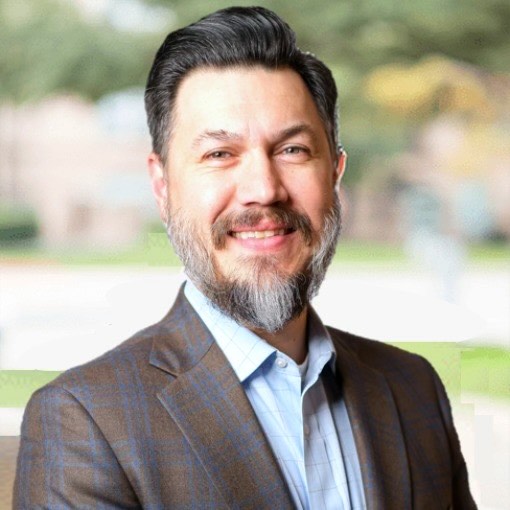Summary
In September 2003, an unknown man's body was found floating in the water under the Coast Guard Island Bridge near the 1800 block of Dennison street in Oakland, California. Law enforcement responded and began an investigation that included a search of the area for information or evidence that would help identify the man. The man's skeletal remains were collected along with his clothing, which consisted of a blue denim jacket, a red pullover with hood and zipper, a button-up checkered shirt, blue denim trousers, dark running-type shoes and gray socks with black tops.
Despite a lengthy investigation, the man could not be identified and he became known as Oakland John Doe. In April of 2017, details of the case were entered into the National Missing and Unidentified Persons System (NamUs) as UP16539, and decades passed with no answers about the man's identity.
In 2024, working with the California Department of Justice - Missing Persons DNA Program, the Alameda County Sheriff-Coroner submitted forensic evidence to Othram in The Woodlands, Texas to determine if advanced DNA testing could help identify Oakland John Doe. Othram scientists used Forensic-Grade Genome Sequencing® to build a comprehensive SNP profile for the man, which enabled Othram's in-house forensic genetic genealogy team to conduct a genetic genealogy search and develop new investigative leads in the case.
These leads were returned to law enforcement and a follow-up investigation was conducted leading investigators to potential relatives of the man. Reference DNA samples were collected from a relative and compared to the DNA profile of the unidentified man. This investigation led to the positive identification of the man, who is now known to be Robert Craig Whitsett, who went by "Craig" and was born in New York.
Funding for the advanced DNA testing and forensic genetic genealogy used in this case was provided by NamUs, a national program that assists the criminal justice community with the investigation and resolution of missing, unidentified, and unclaimed persons cases across the United States and its territories. NamUs is funded and administered by the National Institute of Justice (NIJ) and is managed through a contract with Research Triangle Institute International (RTI). Othram is grateful for the support of RTI, NamUs, and the NIJ.
This case is a reminder that every piece of preserved evidence has the potential to unlock long-awaited answers. If you would like to support efforts to solve more cases like this, consider contributing your DNA data to the DNASolves database which aids law enforcement in identifying suspects and giving families the answers they deserve.
The identification of Robert Whitsett represents the 68th case in the State of California where officials have publicly identified an individual using technology developed by Othram. Visit DNASolves to learn about other California cases where your support can help bring long-awaited answers to families.
